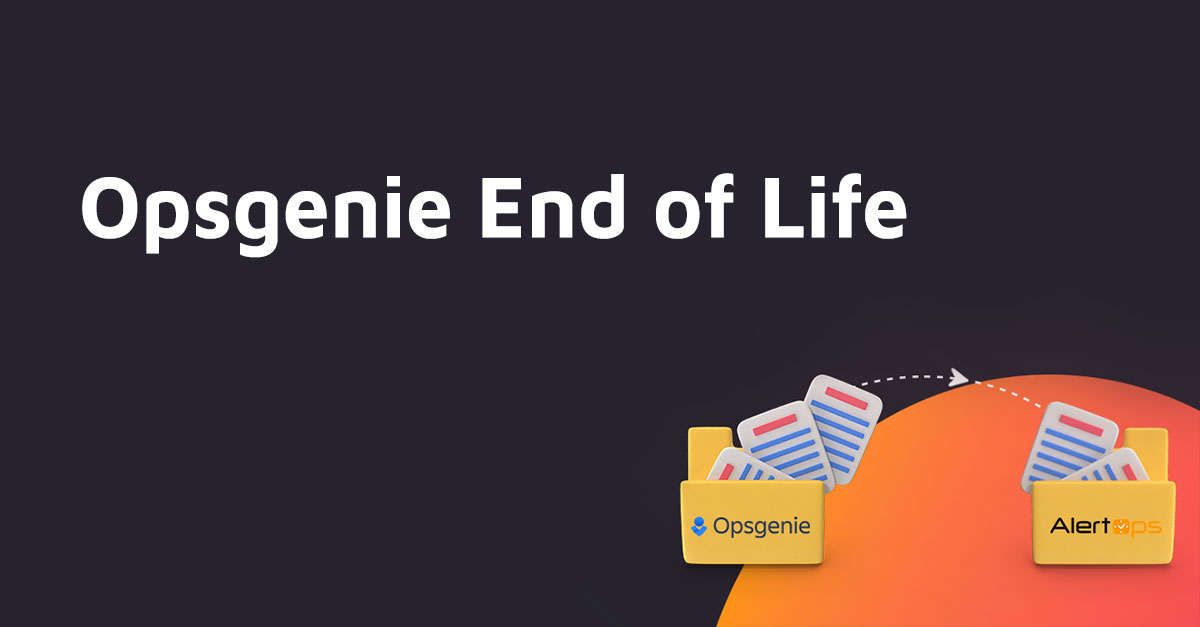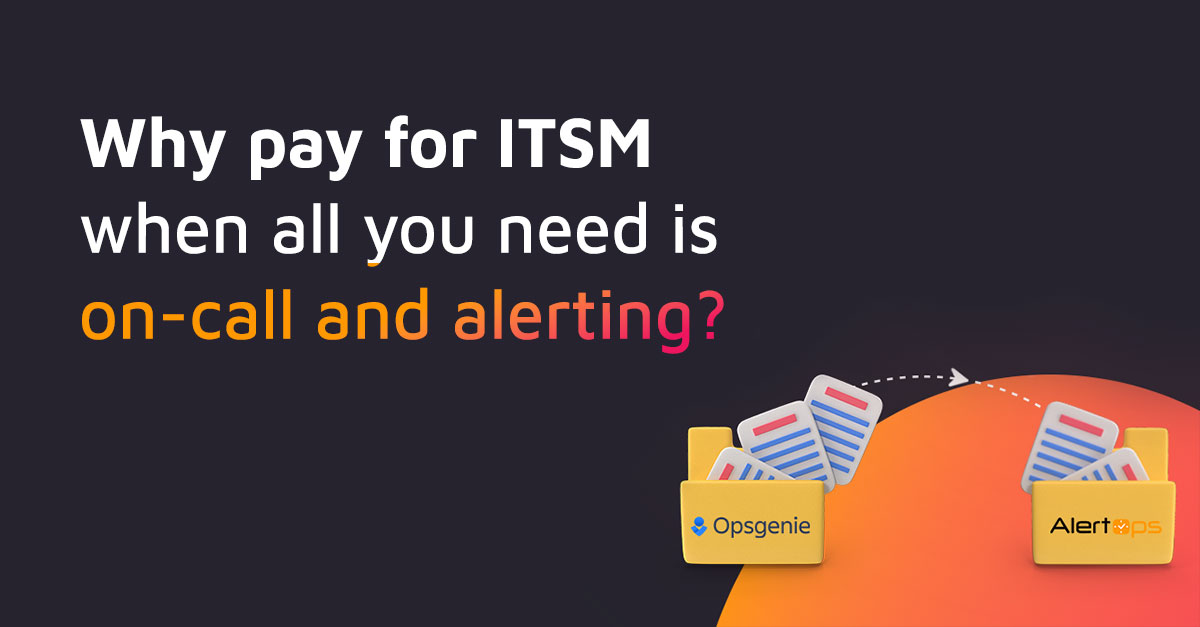The European Union (EU) General Data Protection Regulation (GDPR) took effect May 25. Now, businesses that fail to comply with GDPR risk costly penalties – along with potential brand reputation damage and revenue losses.
GDPR is transforming the way businesses manage data, as well as the day-to-day operations of development and operations (DevOps) teams. To understand why this is the case, let’s consider three questions surrounding GDPR and what it means for today’s DevOps teams.
What Is GDPR?
EU Parliament approved and adopted GDPR in April 2016, and the regulation was enacted to protect all EU residents against privacy and data breaches. Some of the key components of GDPR include:
- Breach Notification: Businesses are required to notify the public about a data breach within 72 hours of first becoming aware of the incident.
- Right to Access: Businesses are required to provide EU residents with information about how they process residents’ personal data, where and for what purpose. Additionally, companies are required to provide copies of EU residents’ personal data in an electronic format upon request.
- Right to Be Forgotten: Businesses are required to erase EU residents’ personal data and stop further dissemination of this information upon request.
GDPR applies to all EU companies, along with those that process the personal data of EU residents. It applies to both data controllers and processors, and public, private and hybrid clouds are not exempt from GDPR enforcement.
What Happens If a Business Fails to Comply with GDPR?
Businesses that violate GDPR can be fined up to 4% of their annual global turnover or €20 million (approximately $26.8 million) – whichever total is greater. GDPR stipulates the maximum fine is imposed on companies that do not have sufficient customer consent to process data or violate the regulation’s “privacy by design” guidelines.
GDPR takes a tiered approach to fines. For example, intentional GDPR violations are generally viewed more harshly than negligence errors. This means a business that illegally processes an EU resident’s personal data likely faces a larger fine than a company that fails to perform a privacy impact assessment in a timely fashion.
How Can a Business Maintain GDPR Compliance?
Ultimately, a DevOps team plays an important role in a company’s ability to comply with GDPR. If a DevOps team applies web application security best practices to its everyday efforts, it could help a company avoid GDPR violations.
SANS Institute offers a “Securing Web Applications Technology (SWAT) Checklist” to help DevOps teams neutralize security vulnerabilities before they escalate. The checklist emphasizes best practices in the following areas:
- Error Handling and Logging: DevOps teams must log all data activities, store data logs securely and track all administrative activities.
- Data Protection: Stringent password policies, encryption keys and other data security protocols and processes are paramount to safeguard sensitive business information.
- Configuration and Operations: Business processes and systems must be set up to protect all data, at all times.
- Authentication: Authentication measures must be deployed to minimize the risk of unauthorized access to sensitive information.
- Session Management: Session tokens, timeouts and other session management tools must be used to protect business users against cyberattacks.
- Input and Output Handling: DevOps teams must be able to track all inbound and outbound data activities.
- Access Control: Business processes and systems must ensure only authorized users can access sensitive information.
SANS Institute also provides the following security best practices for DevOps teams:
- Continuous Integration: Build authentication, password management and other security measures into code.
- Continuous Delivery: Incorporate automated security scanning into continuous delivery processes.
- Continuous Deployment: Perform audits to track files viewed in production and encrypt confidential data in production.
- Infrastructure as Code: Create code to manage a server’s infrastructure, configuration and environment.
- Container Security: Allow isolated images with an application to be quickly installed and executed.
GDPR may seem complicated, particularly for DevOps teams that are working diligently to maintain compliance. With an effective alert monitoring and tracking system, a DevOps team can simultaneously streamline its continuous integration and delivery (CI/CD) pipeline, simplify product development and reduce the risk of GDPR violations.
An incident tracking system provides DevOps teams with instant access to on-call schedules and alerts via web or mobile apps, thereby enabling DevOps team members to quickly respond to notifications and stay in touch with one another until an incident is resolved. Plus, the system delivers pre-built and outbound integrations, and DevOps teams can standardize their alert notification flows and responses and view all alerts in a single location. DevOps teams also can use an alert monitoring system to create two-way integrations and workflows.
When it comes to GDPR, there is no need to leave anything to chance. Thanks to an alert monitoring system, a DevOps team should have no trouble maintaining GDPR compliance. An alert tracking system may even help a DevOps team become more productive and efficient than ever before.
Check Out Alertops for More Information



